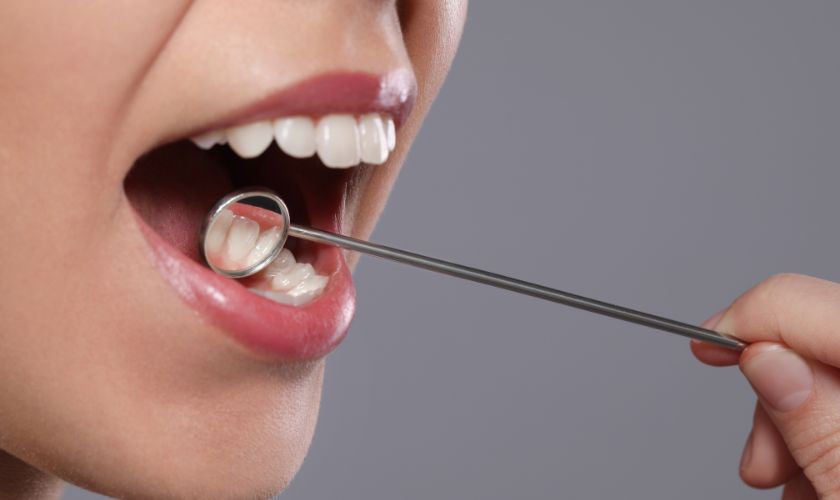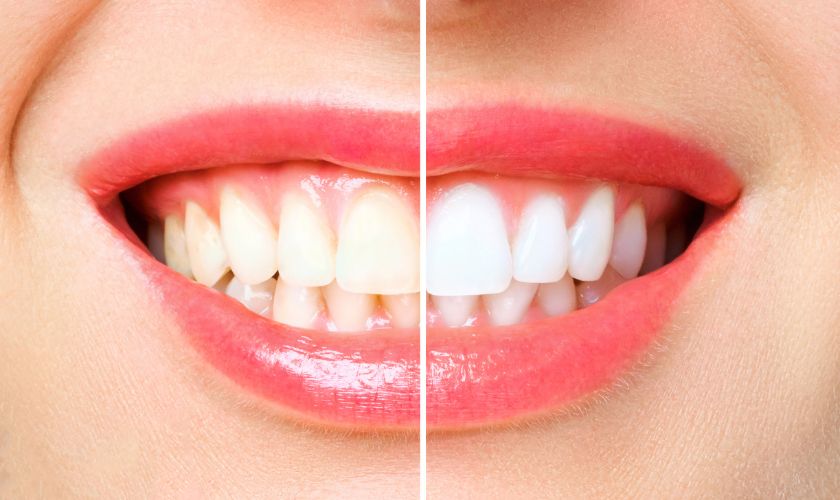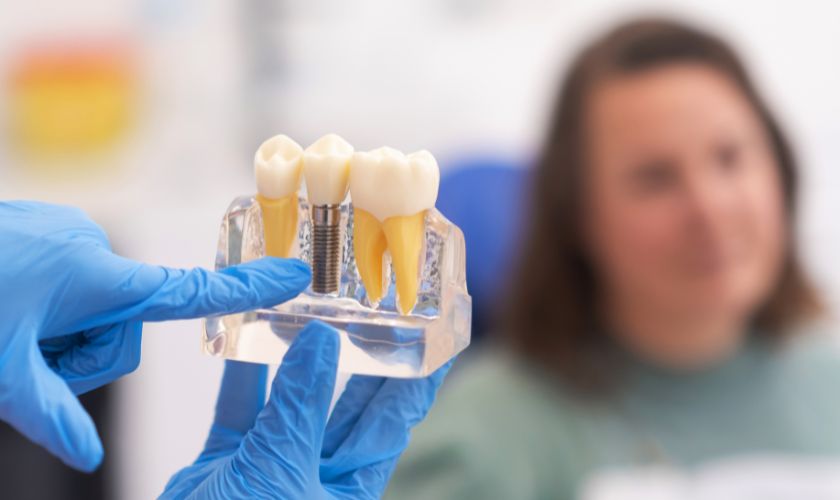Oral cancer is a devastating disease that can have a profound impact on an individual’s life. While certain risk factors, such as genetic predisposition and human papillomavirus (HPV) infection, are beyond our control, many cases of oral cancer are preventable through lifestyle modifications. By adopting healthier habits and making conscious choices, individuals can significantly reduce their risk of developing this life-threatening condition.
Quit Smoking and Using Tobacco Products:
Tobacco use, including smoking cigarettes, cigars, and pipes, as well as chewing tobacco, is the single most significant risk factor for oral cancer. The carcinogens present in tobacco products can damage the cells in the mouth and throat, leading to the development of cancerous growths. Quitting smoking and avoiding all forms of tobacco is one of the most effective ways to prevent oral cancer. While quitting can be challenging, there are numerous resources and support systems available to help individuals overcome their addiction.
Limit Alcohol Consumption:
Excessive alcohol consumption, particularly when combined with tobacco use, greatly increases the risk of oral cancer. Alcohol can act as an irritant to the cells in the mouth and throat, making them more susceptible to the harmful effects of other carcinogens. Individuals should aim to limit their alcohol intake and avoid binge drinking to reduce their risk.
Maintain a Balanced and Nutritious Diet:
A diet rich in fruits, vegetables, and other plant-based foods can provide essential nutrients and antioxidants that may help protect against oral cancer. These foods contain various compounds, such as vitamins, minerals, and phytochemicals, that can neutralize free radicals and support the body’s natural defense mechanisms. Additionally, a balanced diet can help maintain a healthy immune system, which plays a crucial role in fighting off cancer cells.
Practice Good Oral Hygiene:
Proper oral hygiene is essential for maintaining a healthy mouth and reducing the risk of oral cancer. Regular brushing, flossing, and professional dental cleanings can help remove harmful bacteria and prevent chronic inflammation, which has been linked to an increased risk of oral cancer. Additionally, practicing good oral hygiene can aid in the early detection of any suspicious lesions or abnormalities in the mouth.
Protect Yourself from Excessive Sun Exposure:
Prolonged exposure to ultraviolet (UV) radiation from the sun can increase the risk of developing lip cancer. By using lip balm with a high sun protection factor (SPF) and wearing protective clothing, such as wide-brimmed hats, individuals can reduce their exposure to harmful UV rays and lower their risk of developing this type of oral cancer.
Receive Regular Oral Cancer Screenings:
Early detection is crucial in the fight against oral cancer. Regular oral cancer screenings, typically performed during routine dental check-ups, can help identify precancerous lesions or early-stage cancers when treatment is most effective and the chances of survival are highest. Individuals should discuss their risk factors with their dental professionals and schedule regular screenings accordingly.
By adopting these lifestyle changes, individuals can significantly reduce their risk of developing oral cancer and potentially save their lives. It is important to remember that prevention is key, and even small adjustments to daily habits can have a profound impact on overall health and well-being.
While lifestyle modifications may require effort and commitment, the potential benefits are invaluable. By prioritizing oral cancer prevention, individuals can not only safeguard their own health but also inspire those around them to make positive changes, creating a ripple effect that can ultimately save countless lives.
Visit Smiles of Punta Gorda
We can see you as soon as tomorrow!





